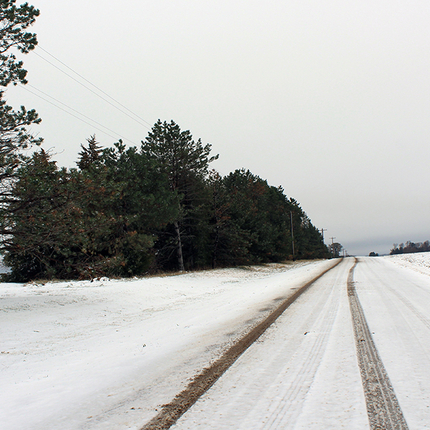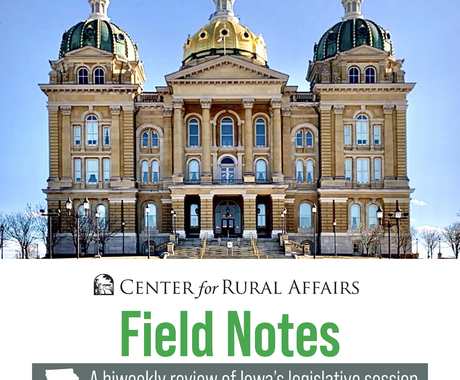By Stephanie Enloe, former staff member
A week after releasing a budget proposal that would slash funding for USDA rural development, cut farm conservation programs, and exacerbate hunger in rural communities, President Trump announced the U.S. is pulling out of the Paris Climate Accord. The accord is a landmark international commitment to limit climate change below 2 degrees Celsius (3.6 degrees F), a dangerous ecological “tipping point.”
As the largest per capita carbon emitter and economy in the world, the U.S. must commit to climate action. Under the Paris Climate Accord, we agreed to reduce our greenhouse gas emissions by 26 to 28 percent compared to 2005 levels. Yet, the current administration has taken steps backwards on climate policy.
Those of us living in the rural U.S. know backtracking presents a threat to our families and communities. Not only are rural communities likely to suffer some of the worst consequences of climate change, but we will miss out on opportunities to shape the direction of global policy and markets.
The National Climate Assessment predicts climate change will have devastating effects on agriculture, forestry, and other sectors upon which rural communities depend. Policies that help avoid these costly scenarios also have economic and health benefits for rural communities. The renewable energy industry grew 14 percent. Solar alone created 2 percent of all new jobs in 2016, yet the administration’s proposed 2018 budget will decimate programs that support research and development of the advanced energy economy.
We cannot afford to fall behind on climate action. As one of only three UN member nations to refuse to participate in the Paris Climate Accord, the remainder of the world will continue to innovate and outpace us. And rural communities in the U.S. will be left behind, again.




